Chinese Corner: Best of 2018 — the nonfiction stories that captured China’s reading public
Chinese Corner: Best of 2018 — the nonfiction stories that captured China's reading public
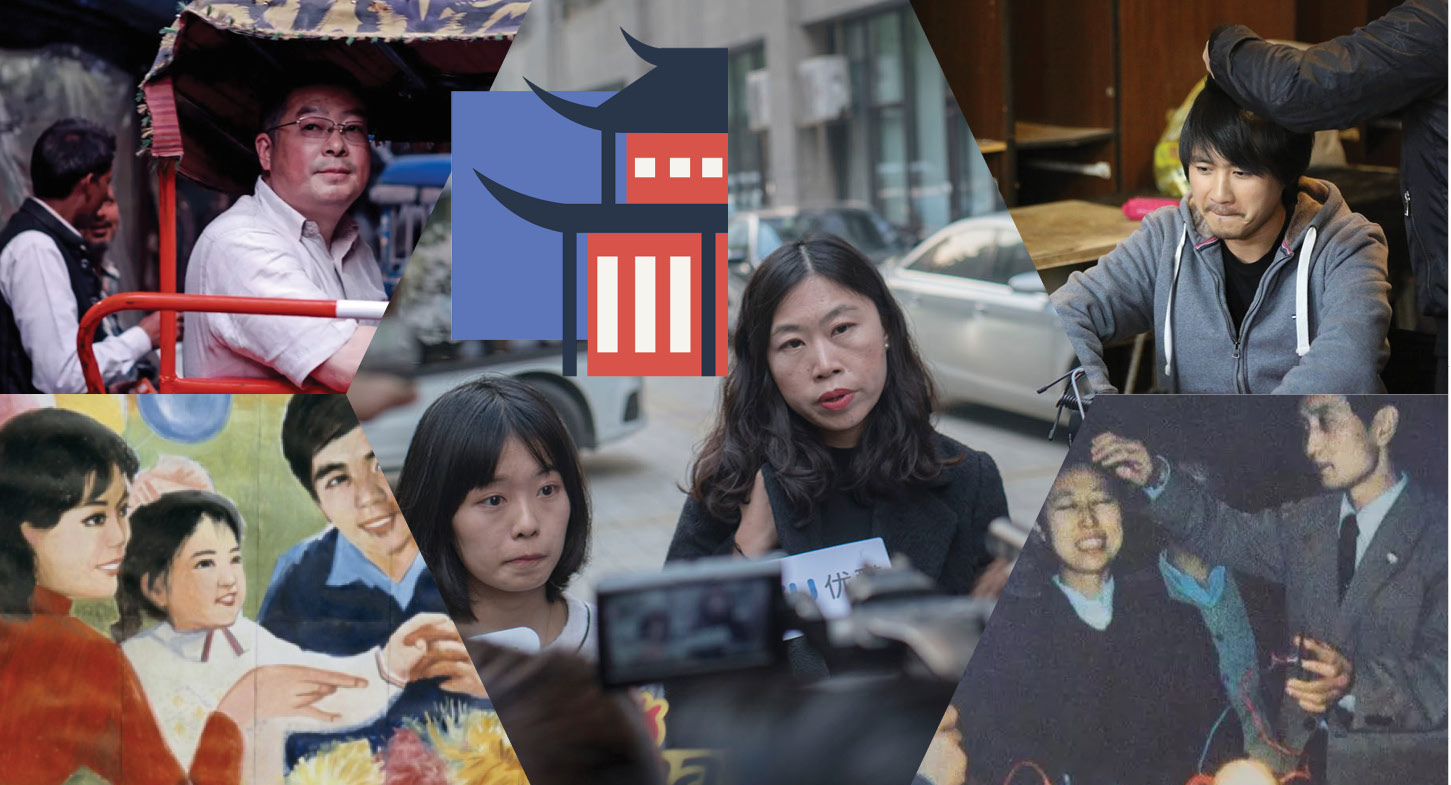
This year, The China Project launched a new weekly column called “Chinese Corner,” where we introduce and review interesting nonfiction writing from the Chinese internet. A little more than six months into its existence, we’ve built a solid collection of impressive investigative pieces, thought-provoking commentaries, and emotion-filled personal essays that chronicle some of the biggest events in 2018 and illuminate how the public reacted to them.
We’ve selected our favorite articles from the past six months and broken them down into categories. Just scrolling through the topics provides a good sense of what Chinese people read and discussed in 2018 (sometimes quite different from what overseas media focus on — though this generally applies more to educated, middle-class Chinese). If you read Chinese yourself, we think these are among the most interesting essays from the past year to help you understand what is on the Chinese public’s mind heading into 2019.
Happy reading!
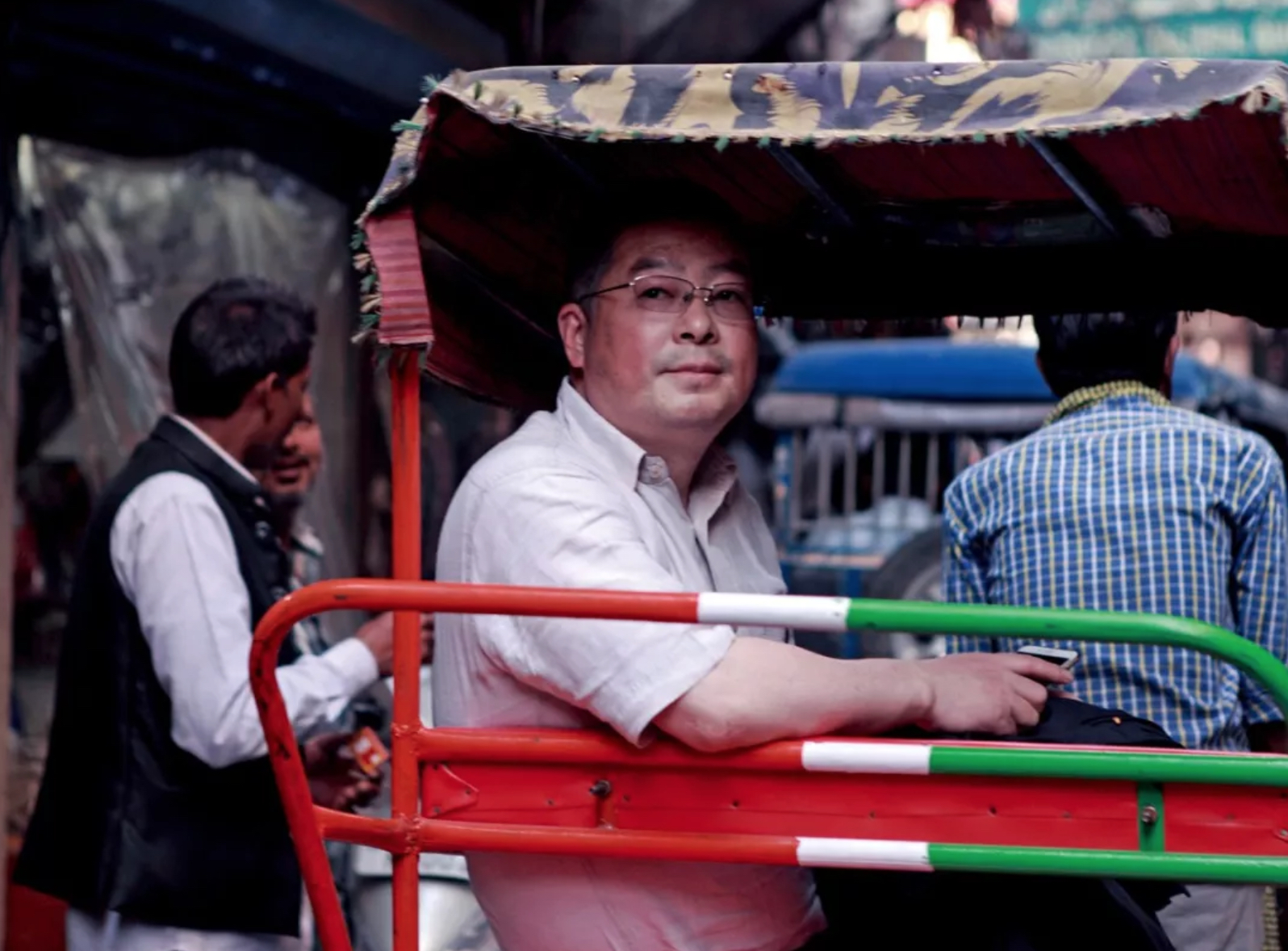
Best profile writing:
- The “Chinese medicine god” who is in doubt 令人生疑的“中国药神”
Diagnosed with leukemia, Lu Yong 陆勇 ditched his job, bankrupted himself, and became a drug smuggler. This summer, his legendary tale was told in the hit movie Dying to Survive (我不是药神 wǒ bùshì yào shén). But his real-life story is way more complicated than what’s shown on the big screen.
靳锦 | GQ报道 | July 5, 2018 - Zhang Haichao: Enslaved by a lung “肺奴”张海超
Zhang Haichao 张海超 lost a lung from his construction job. But he was lucky enough to get a new one.
王瑞锋 | 新京报 | July 24, 2018 - The evolution of Yang Chaoyue: This is not my world 杨超越变形记:这不是我的世界
In a new age of entertainment, awfulness can be the key to success.
洪蔚琳 | GQ报道 | June 24, 2018 - Hu Bo: The absent one 胡波:缺席的人
Inside the sad life of Hu Bo 胡波, a gifted filmmaker who died tragically young.
陈楚汉 莫南 | 谷雨实验室 | November 17, 2018 - The death of ‘Brother Long’ and the underworld in Kunshan he once ruled “被反杀者”刘海龙的昆山江湖
A local gangster got fatally slashed by a random cyclist over a minor dispute. His death became a curious case for Chinese internet users.
王一然 | 后窗工作室 | September 2, 2018
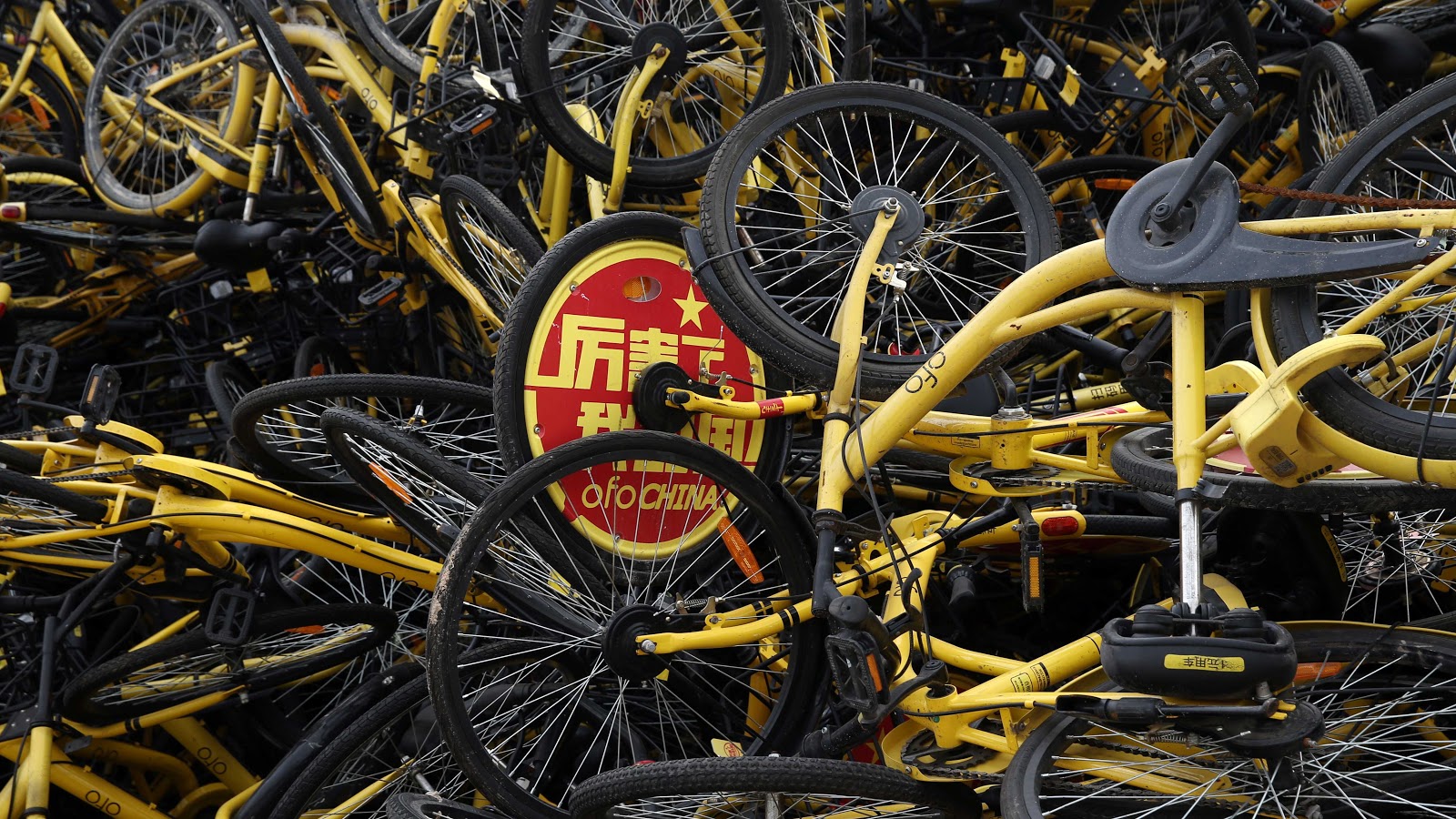
Best technology and business writing:
- People inside the ofo drama: We refuse to make final curtain call ofo剧中人:我不愿谢幕
In the final days of Ofo, which was once the world’s biggest bike-sharing company, some people left but others chose to stay.
张珺 | 财经 | December 5, 2018 - Pinduoduo’s listing sets back the clock 20 years 拼夕夕的上市让历史倒退了二十年
“The most annoying thing in the world is when you want to have a conversation about infringement, he talks about sentimentalism. When you want to have a conversation about laws, he talks about phases of development.”
大卫翁 | 起朱楼宴宾客 | July 29, 2018 - The uncool people behind way-cool AI 那些给人工智能打工的人
At the heart of AI are machine-learning models built on pure human labor. These workers perform one of the most tedious jobs on the planet — manually adding labels to objects in digital images, such as “desk,” “human being,” and “red high-heeled shoes.”
刘敏 | GQ报道 | October 12, 2018 - P2P nightmare: How I lost all my savings overnight P2P爆雷后,我的存款一夜清零
A depressing portrayal of middle-class and working-class Chinese Dreamers under the direct influence of the P2P meltdown.
看客inSight | August 24, 2018 - Consumption, desire, and dream of 800 million people living in rural China 8亿县城人的消费、欲望与梦想
As the self-proclaimed middle class in China is struggling to find affordable housing and experiencing an identity crisis, the future of China’s economy has become dependent on the working class in the countryside.
董金鹏 | 新经济100人 | November 19, 2018
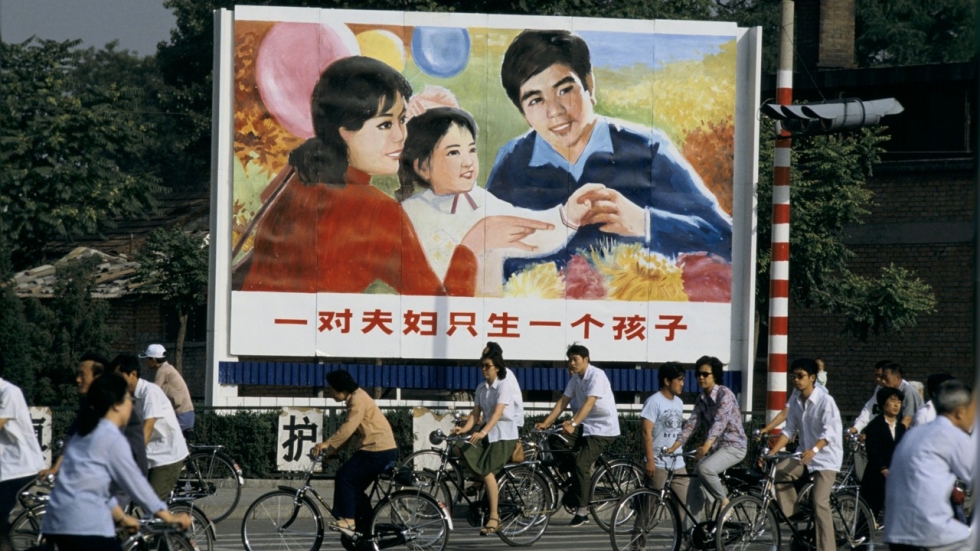
Best culture writing:
- How did the population train run off the rails? 人口列车是怎样失控的
While the current conversation is largely centered on who should be responsible for saving China from a crippling demographic crisis, it is vital to acknowledge that the problem is the result of years of policies to discourage childbirth, including financial penalties on people who violated birth regulations, state-enforced contraception, and even forced abortions enacted by millions of family planners.
刘喜 | 大象公会 | September 14, 2018 - Do the English Patient and the Piano represent ‘incorrect worldviews’? The moral landscape and real-life anxiety in Douban’s movie reviews《英国病人》《钢琴课》“毁三观”?豆瓣短评里的道德景观与现实焦虑
The emergence of applying ethical judgments on works of fictional art reflects a new form of “political correctness” in China, where families hold the fabric of society together, passionate love is oppressed, and women are deprived of desires.
张之琪 | 界面文化 | July 17, 2018 - Wang Ju’s sudden ascent to stardom within 24 hours 王菊逆袭前后的24小时
Produce 101 创造101 is a Chinese reality show that normally features young, “cute,” conventionally beautiful girls, but Wang Ju 王菊 — full-figured, tanned, and audacious — fostered a legion of devoted fans and became a “gay icon” in a short amount of time, exploding into a cultural phenomenon that shows no signs of slowing down.
吞Labs | May 30, 2018 - Crazy Huangzhuang stands at the crossroads of early education 疯狂的黄庄:超前教育“十字路口”
Replete with top schools and a significant number of institutions that provide private educational services, Huangzhuang in Beijing stands at the center of China’s massive and highly profitable education industry, where academically overbearing parents are willing to sacrifice everything for their children’s success.
童小伙 | 虎嗅APP | November 18, 2018 - Has TikTok become indispensable for Chinese songs going viral? 现在的华语新歌不靠抖音就火不了吗?
An in-depth analysis of the Chinese music industry in 2018 reveals how the dominance of TikTok affected Chinese musicians.
贾小凡 | Vista看天下 | November 24, 2018
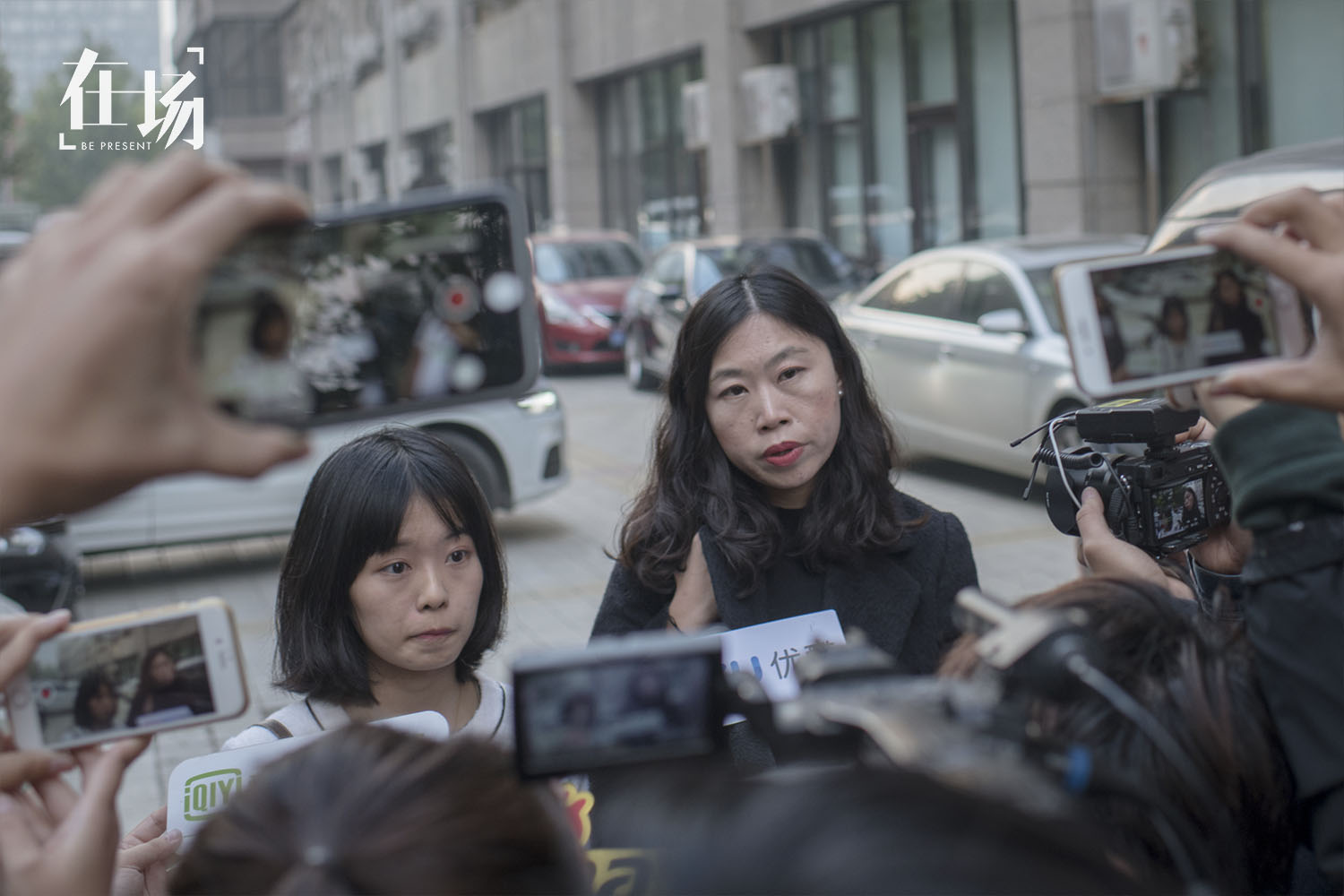
Best stories about women:
- What happened after I reported sexual harassment 举报性骚扰之后
“I want to prove that I am a human being and I’m entitled to speak out. I’m not just a name on a police file. What really matters is not what I say, but the fact that I have the opportunity to talk about my experience.”
杨宙 | 人物 | August 22, 2018 - The last 653 days of the Gansu girl who jumped to her death 甘肃跳楼女孩的最后653天
After a teacher sexually harassed her and authorities failed her, 19-year-old Li Yiyi 李奕奕 wrote in her suicide note, “Hypocrisy is grotesque.”
荆欣雨 | 人物 | June 28, 2018 - 168 hours at a ‘virtue school’ for women 在卷土重来的女德班,我卧底了168小时
One journalist took a seven-day course at a “feminine virtues” school. Rather than condemn the school and her classmates, she made a genuine attempt to understand the struggles of her classmates with profound empathy.
崔四爷 赵普通 | 真实故事计划 | May 28, 2018 - Women engineers: They break into a male-dominated territory as “outsiders” who only make up less than 8 percent of the workforce in the industry 女程序员:闯入男性领地,她们是行业里不足8%的“外来者”
It’s convenient to assume that the easiest way to solve the gender gap in Chinese tech companies is to hire more women. But in reality, there are many other factors, including the resilient “brogrammer” culture, and subtler forms of discrimination that have been deterring women from learning to code in the first place.
雪竹 | 果壳 | November 25, 2018 - The history of demonizing female drivers 女司机的妖魔化之路
Will Chinese news outlets ever reflect on their chauvinist rhetoric when reporting on car accidents involving female drivers? Can we get some bad stories about male drivers, too?
侯虹斌 | October 29, 2018
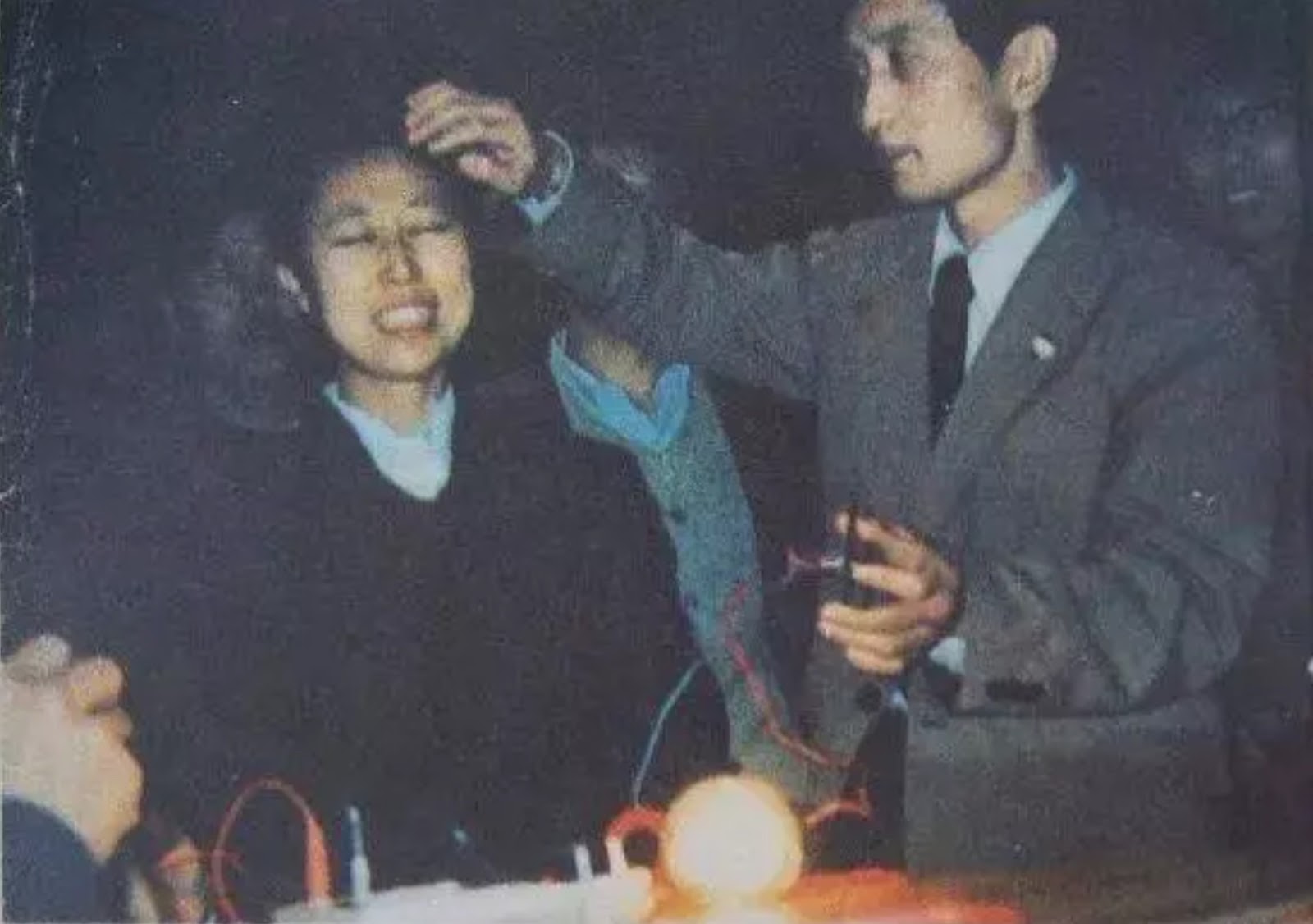
Best stories that teach you wisdom:
- The enduring appeal of Qigong 永不消失的气功
In the 1980s, Qigong, a science-defying tradition defined by supernatural powers, psychic abilities, and outright lies, captivated a generation of Chinese scientists. In 2018, the outdated practices found some a new wave of followers who use it as a channel to vent their anger at the state of the society.
董指导 | 虎嗅APP | December 5, 2018 - The myth of Yuan Longping 袁隆平神话
A deep dive into the history of Yuán Lóngpíng 袁隆平, who is dubbed as “the father of hybrid rice” by Chinese media and textbooks, reveals that his status as “national superhero” in China is actually more of an “unprecedented political spectacle.”
黄章晋 | 大象公会 | August 24, 2018
- 中国人为什么选择了筷子 Why Chinese people chose to use chopsticks
In November, Italian luxury fashion house Dolce & Gabbana (D&G or 杜嘉班纳 dùjiā bānnà) came under fire after producing a video featuring a Chinese model who struggles to use chopsticks to eat some Italian food. The clip was widely criticized for its disrespect for Chinese culture, which, as this article explains, has a complicated relationship with the utensils.
陈宝塔 | 浪潮工作室 | November 23, 2018 - The mystery of Chinese agriculture 中国农业产量之谜
A mismatch between production and consumption figures released by the central government clearly indicates that some data has been fabricated by local branches, whose performance is largely assessed by volume of agricultural production.
兔透射 | 大象公会 | August 6, 2018 - Why China is obsessed with dual-SIM phones 中国人为什么痴迷双卡双待
While Apple’s launch of dual-SIM support for iPhone confuses users in the West, such devices debuted in China almost 15 years ago and retain an enduring appeal for Chinese people. But the obsession is not a matter of choice, but a compromise that Chinese phone users have to make because of pricey data roaming charges, decades-long competitions between carriers, and carefully designed obstacles to switching networks.
秋意寒 | 浪潮工作室 | October 11, 2018
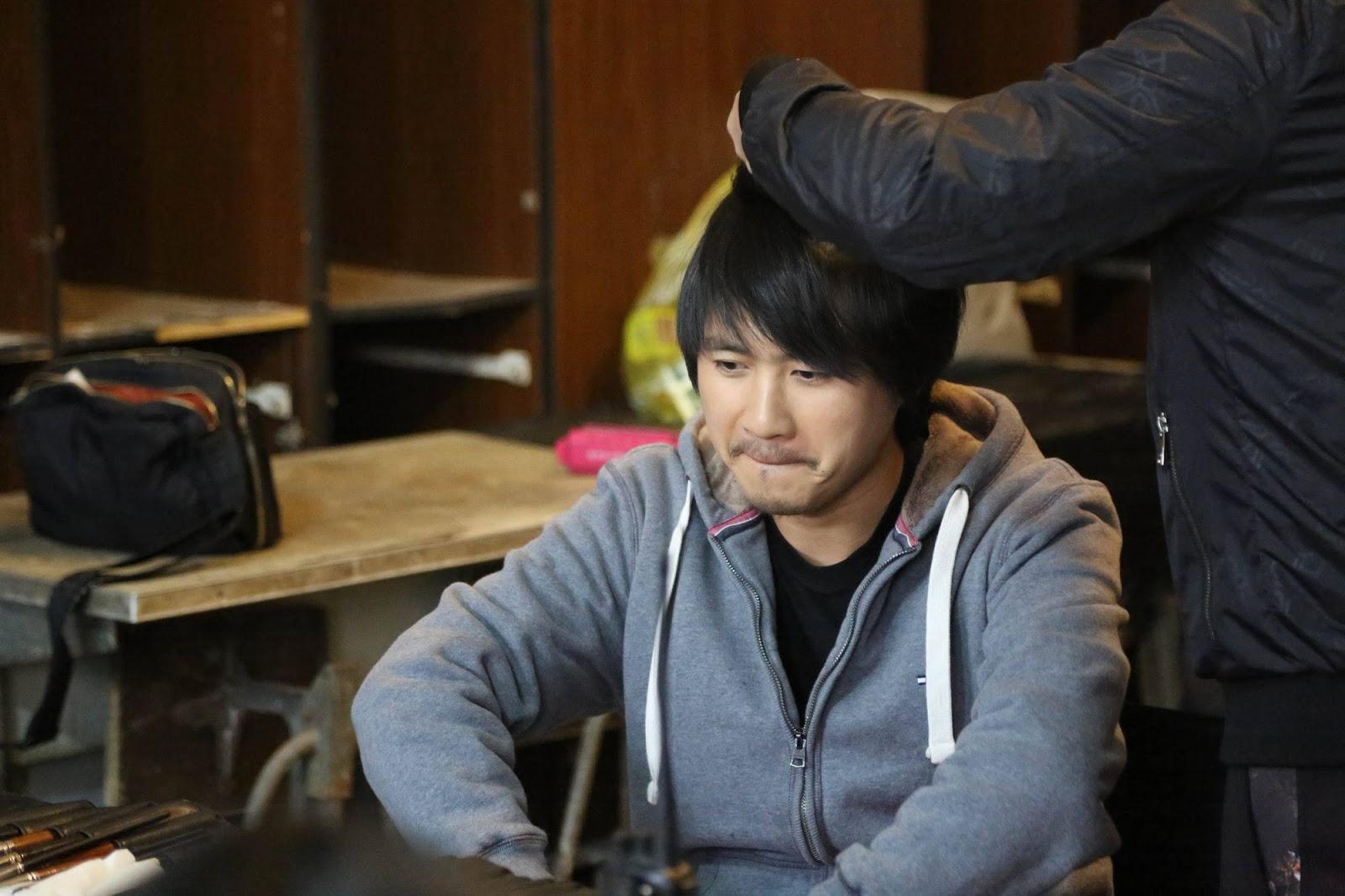
Best entertaining read:
- 18 years ago, Han Han’s battle on Bright Peak 18年前韩寒的光明顶之战
18 years ago, Hán Hán 韩寒, then an 18-year-old high school dropout whose debut novel had just become a massive hit among teen readers, walked into CCTV’s talk show Dialogue, which was set up deliberately to destroy his ego and set him as an outcast who refused to comply with the conventional rules made by close-minded adults.
莽山烙铁头 | X博士 | October 23, 2018 - An observation of balding men in China 中国大爷秃顶观察
“I have no idea what will come out of this project in the end. But I feel like I have learned a carefree lifestyle from these balding men.”
thebaldmanproject | 看客inSight | September 24, 2018 - 1818 Golden Eyes: A meme generator or a rebellious pioneer?
One of the best memes on the Chinese internet this year is Wú Zhèngqiáng 吴正强, an 18-year-old real estate agent who gave an upset and confused look with his caricature-like facial features and expressions when interviewed by a local tv station in Hangzhou. It later turned out that the viral gif was extracted from a segment of 1818 Golden Eyes, a quirky and funny news program dedicated to covering some of the most bizarre stories at Chinese society.
阿饼 | X博士 | September 3, 2018 - ‘If you want to learn to hate people, study from Zhou Shuren’ — Lu Xun 要想学怼人,就找周树人——鲁迅
One of the chief appeals of Lǔ Xùn 鲁迅, a prominent figure in modern Chinese literature, is that the vast majority of his arguments and scathing critiques never feel outdated, and even sound more refreshingly on point in a contemporary setting. This is a practical guide, in comic book form, to using some of his classic quotes, if one ever feels the impulse to savage someone in real-life situations.
周国平 | September 14, 2018 - A guide to the ‘big middle class’ 大中产阶级鉴别指南
A new socials class has emerged in China in recent years and it’s called “big middle class.”
GQ实验室 | August 27, 2018






